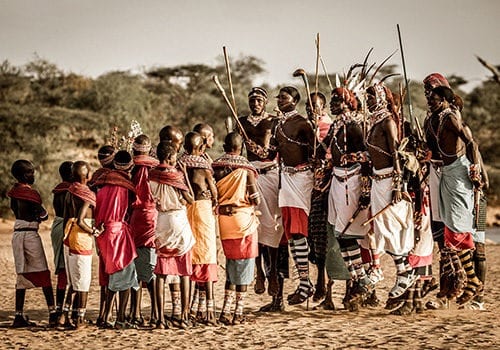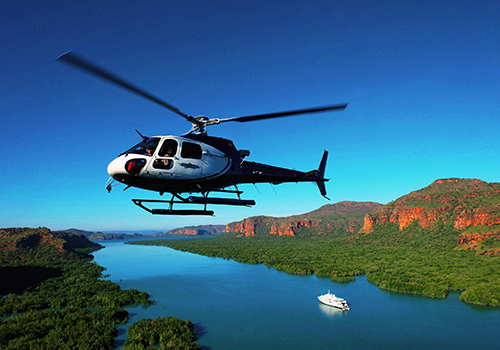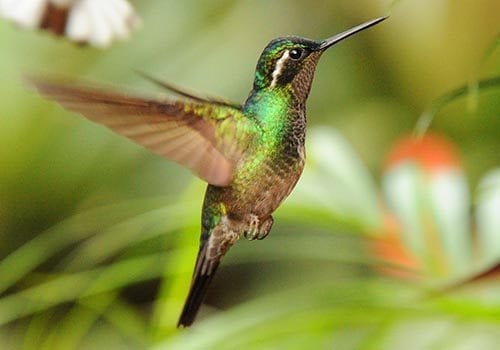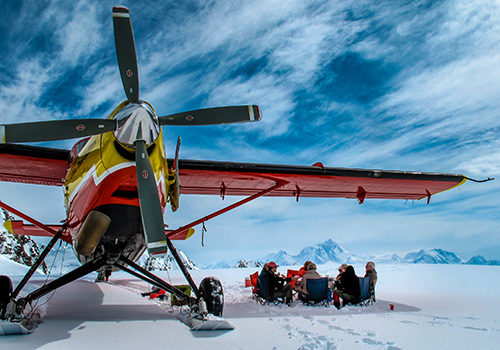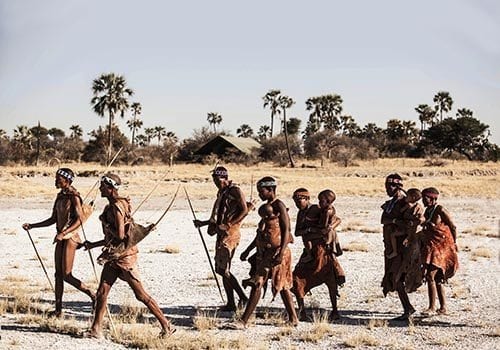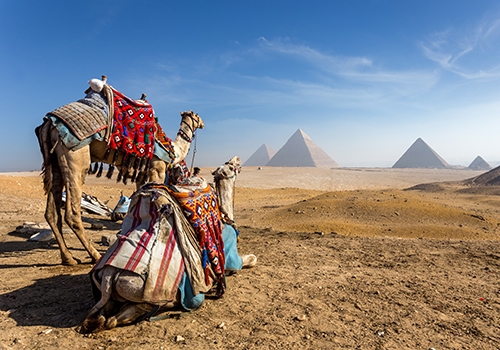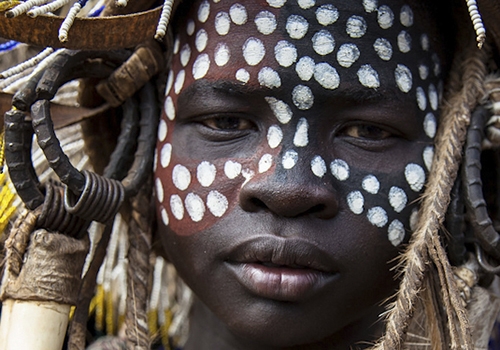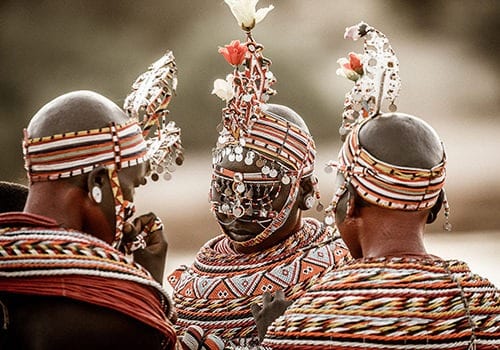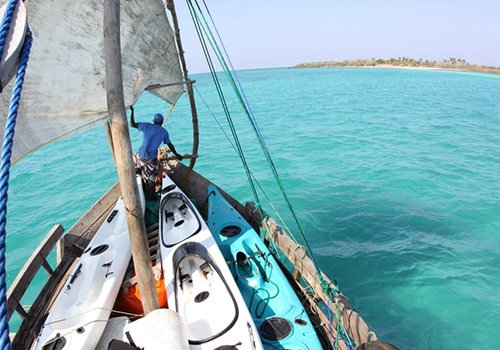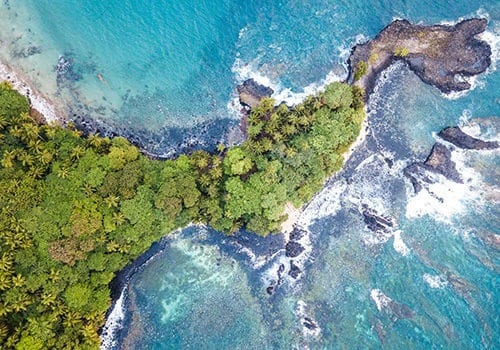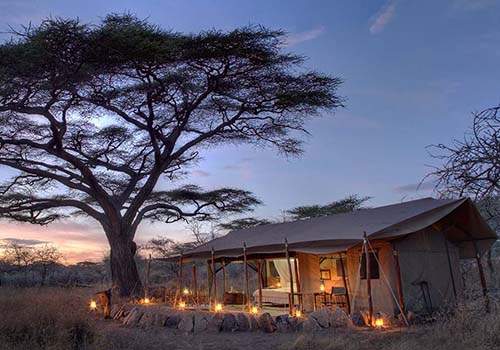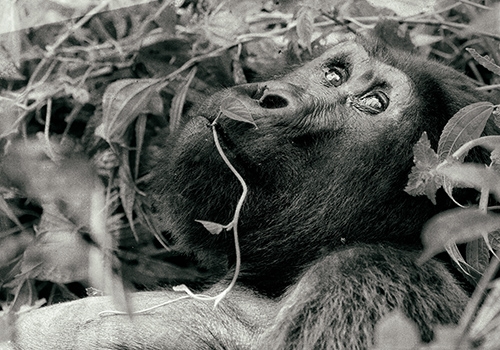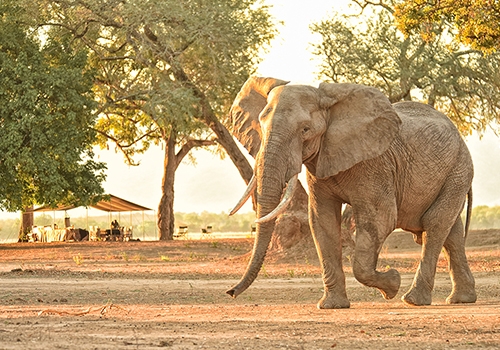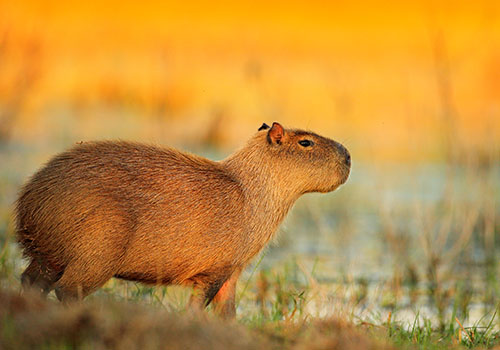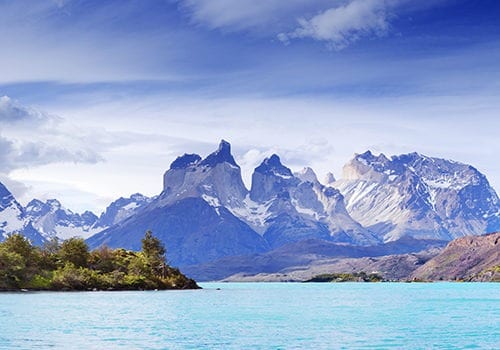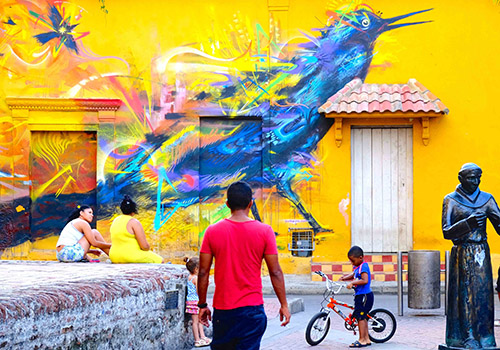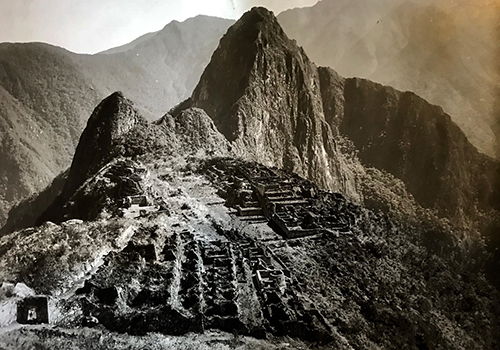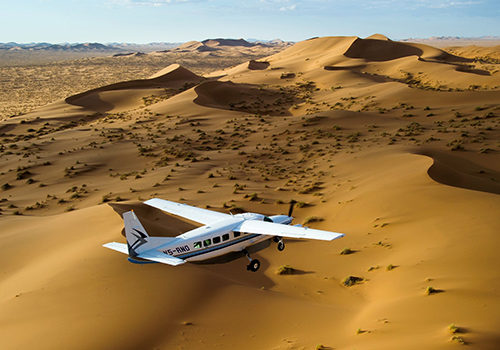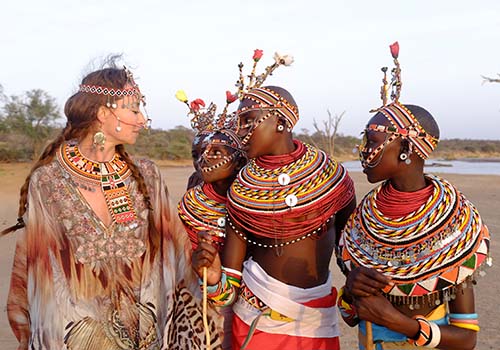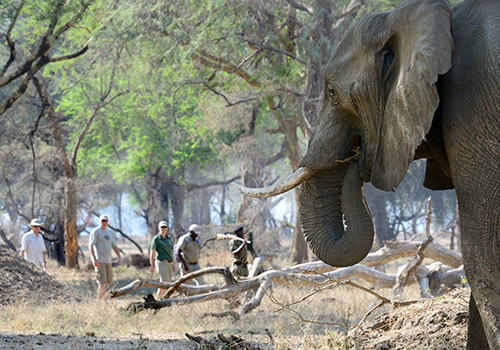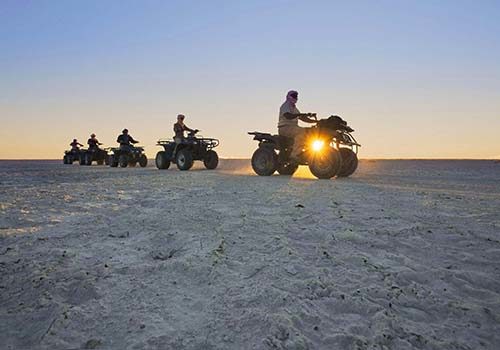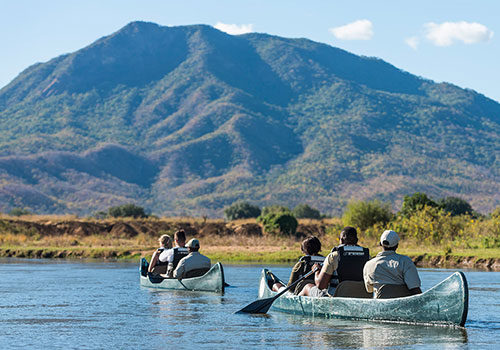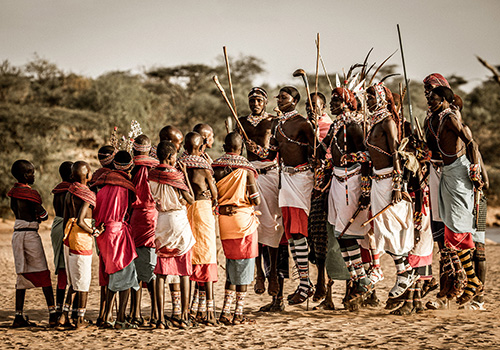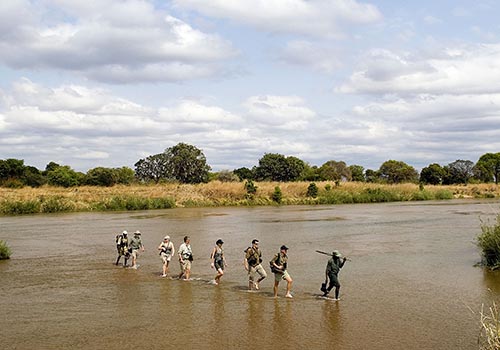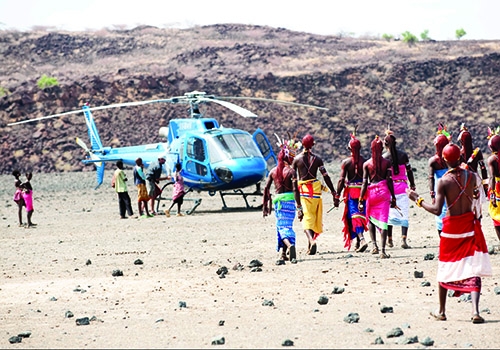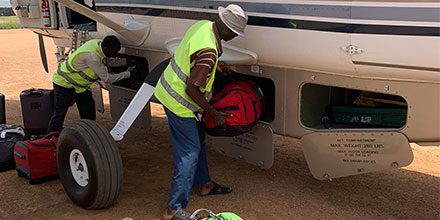
KEY INFORMATION TO PREPARE FOR YOUR JOURNEY
Ethiopia is a landlocked country located in the Horn of Africa, in the eastern part of the continent. It shares borders with Eritrea to the north, Djibouti and Somalia to the east, Kenya to the south, South Sudan to the west, and Sudan to the northwest. Ethiopia is known for its ancient history, diverse landscapes, and rich cultural heritage.
The capital city is Addis Ababa, and Ethiopia is often referred to as the “cradle of humanity” due to the discovery of some of the oldest human fossils in the region. Historical and cultural highlights include the ancient rock-hewn churches of Lalibela, the obelisks of Aksum, and the medieval castles of Gondar. The Simien Mountains, the Danakil Depression, and the Rift Valley are examples of Ethiopia’s stunning natural landscapes.
The southern part of Ethiopia is home to several indigenous tribes, each with unique cultures, languages, and traditions. Some prominent tribes include the Omo Valley tribes such as the Hamar, Mursi, Karo, and Banna. The Hamar are known for their vibrant ceremonies, the Mursi for their distinctive lip plates, the Karo for their body painting, and the Banna for their colorful beadwork. These tribes contribute to the cultural richness and diversity of Ethiopia, attracting visitors interested in experiencing the traditional ways of life in this region.
PLEASE NOTE: All pre-departure information was correct at the time of writing, but should be used as a guide only since requirements can change at short notice and without warning. Consult Smart Traveller or contact the Embassy of the Federal Democratic Republic of Ethiopia or the appropriate authority prior to departure to confirm all details.
AT A GLANCE
ETHIOPIA KEY FACTS
Time: GMT +3 hours | AEST -7 hours
Capital: Addis Ababa
International Airport(s): Addis Ababa Bole International Airport(ABB)
Official languages: Amharic, Tigrigna and Oromigna. English is also widely spoken.
Religion: Ethiopia’s main religious communities are Orthodox Christians, Muslims and Protestants. Orthodox Christians account for about 43% of the population, while approximately 33% are Muslims.
Electrical Current: 220V | European 2 round pin -Type C
Currency: Ethiopian Birr (ETB)
Australian Embassy in Addis Ababa: A: Bole Sub City, Turkish Compound (off Cape Verde Rd.), Kebele 03, House No. 734, Addis Ababa | T: (+251) 11 6672651 / 6672652 / 6672693 / 6672694 | E: consular.addisababa@dfat.gov.au
Visa: Yes – currently required for Australian & New Zealand passport holders – available online prior to arrival – refer to ‘Passport and Visa Requirements‘ for further details.
USEFUL WEBSITES
Smart Traveller – https://www.smartraveller.gov.au/destinations/africa/ethiopia
Travel Doctor-TMVC – https://www.traveldoctor.com.au/destinations/ethiopia
Embassy of the Federal Democratic Republic of Ethiopia – https://protocol.dfat.gov.au/Public/Missions/66
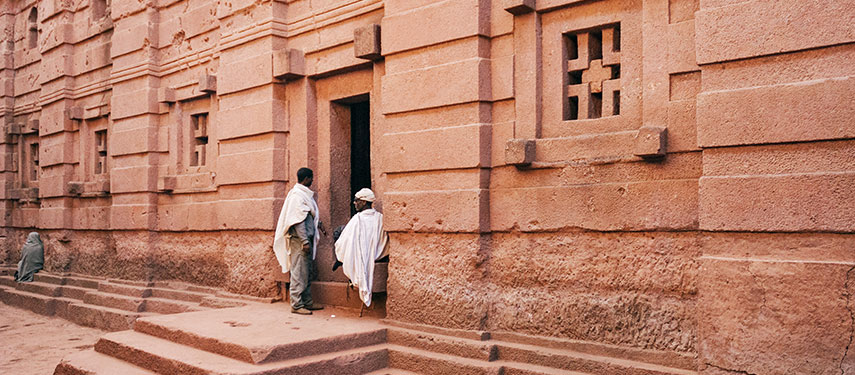
PUBLIC HOLIDAYS
January 7: Ethiopian Christmas
January 19: Epiphany
March 2: Victory of Adwa
Friday before Ethiopian Easter: Good Friday
Sunday Ethiopian Easter: Ethiopian Easter Sunday
End of Ramadan: Eid al-Fitr*
May 1: Labour Day
May 5: Patriots Victory Day
May 28: Downfall of the Derg
Sacrifice of the Feast: Eid al-Adaha*
September 11: Ethiopian New Year Day
September 27: Meskel
November 10: Moulid
If a public holiday falls on a Sunday the following Monday shall be taken as a public holiday.
*As this holiday is based on the Islamic lunar calendar the precise date is determined by the moons cycle.
Some Ethiopian holiday dates will vary each year because they are based on the Ethiopian calendar, which follows a different system from the Gregorian calendar commonly used in much of the world. The Ethiopian calendar has 13 months, with 12 months of 30 days each and a 13th month (Pagumē) of either 5 or 6 days, depending on whether it is a leap year.
PASSPORT & VISA REQUIREMENTS
PASSPORTS
Your passport must be valid for at least six months after your return to Australia and have at least two blank pages for every entry and country you intend to visit on your journey. If your passport does not meet these requirements you must obtain a new one. The Australian Passport Office website is www.passports.gov.au.
It is a wise precaution to carry a photocopy of your passport separately and leave a copy at home. This will aid authorities in processing a new passport should yours get stolen or lost.
If you have dual citizenship and more than one passport, we strongly recommend that you use only one of these during your travels, as in some countries it is considered illegal to have two or more passports. Be sure to use the same passport on entry and exit from a country, and never surrender your passport.
If your passport name is different to your commonly used name, advise us of this and ensure your airline reservations match those of your passport name.
VISAS
Australian and New Zealand passport holders require a Visa to enter Ethiopia.
This must be obtained online prior to arrival, using this link: https://www.evisa.gov.et/#/home
A single entry visa costs US$82 and is valid for a maximum duration of 30 days.
AIRPORT CUSTOMS
Ethiopia has strict regulations at customs and you may have problems on arrival if you have new, high-tech electronic devices. You may be asked to provide a receipt and then have to pay an import tax. Consult your nearest Ethiopian Embassy if you are planning to bring high-quality electrical equipment into the country.

CLIMATE, WEATHER & SEASONS
CLIMATE
There are two main climate zones in Ethiopia and weather varies substantially depending on altitude. The lowlands (see Berhale below) are generally humid and extremely hot, due to the proximity to the equator. Whilst in the Ethiopian highlands (see Debarq below), the climate is more alpine and snow is not uncommon. Make sure you are well aware of the areas you are visiting and pack accordingly.
There are two seasons in Ethiopia: the dry season (October to May) and the rainy season (June to September). Although Travel is possible during the rainy season, it is generally avoided as roads can become difficult to pass. The best time to visit Ethiopia is therefore when it is driest, from October to May.
| ADDIS ABABA | JAN | FEB | MAR | APR | MAY | JUN | JUL | AUG | SEP | OCT | NOV | DEC |
|---|---|---|---|---|---|---|---|---|---|---|---|---|
| Temperature (°C) | 9-24 | 10-25 | 12-25 | 12-25 | 12-23 | 12-23 | 12-21 | 12-21 | 11-21 | 10-23 | 9-23 | 8-23 |
| Rainfall (mm) | 13 | 30 | 60 | 80 | 85 | 140 | 280 | 290 | 150 | 25 | 7 | 7 |
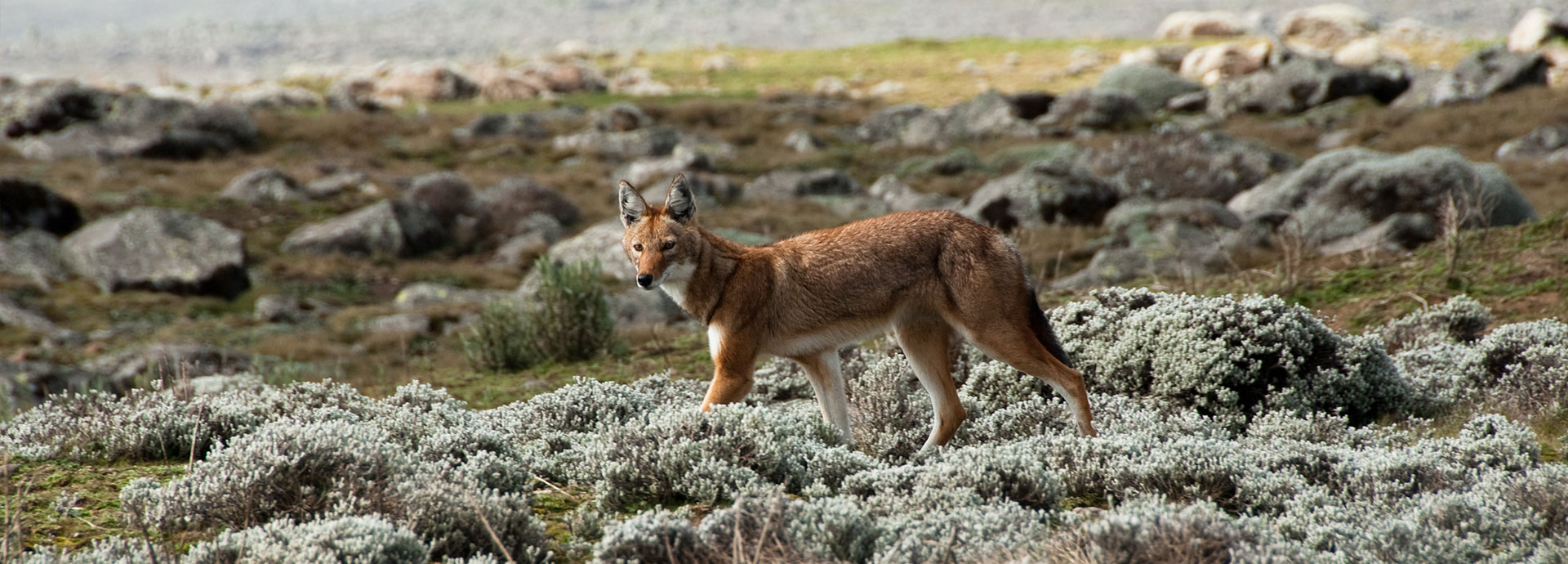
LUGGAGE & PACKING
LUGGAGE
Charter flight companies and some safari operators impose strict luggage restrictions.
The maximum luggage weight specific to your journey is 15 kgs including camera equipment and hand luggage for travel through Ethiopia.
Your bags must be soft-shelled and malleable and not exceed the maximum dimensions of 62cm x 30cm x 25cm.
And if you are wondering how to pack everything in and keep it under weight read our blog – How to pack for a safari and keep it under 15kg
For further information on luggage and packing please refer to the main Africa pre-departure information
CHARTER FLIGHTS
The luggage storage on many charter flights across Africa looks like this:
The weight limit is a strict safety requirement to ensure the balance and carrying capacity of small aircraft.
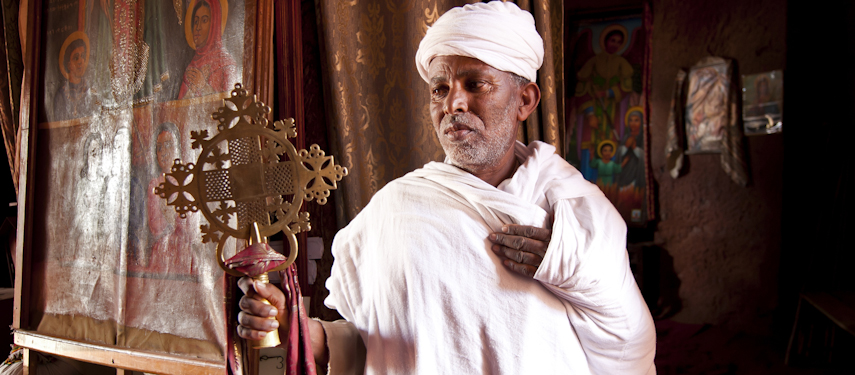
PACKING TIP
When entering religious buildings make sure you are dressed respectfully with shoulders covered. Women should also cover their head. Shoes must always be removed before entering churches and mosques. Wearing socks is a good idea if you are travelling around sites with many churches, like Lalibela.
HEALTH & VACCINATIONS
VACCINATIONS
It may be necessary to take medical precaution prior to, and whilst travelling. As we are not qualified to offer advice, we recommend you contact your GP or the Travel Doctor-TMVC who have the most up‐to-date information available. Requirements are highly personal depending on your health profile and the activities in your itinerary. Some vaccinations must be given well in advance of travel, so we suggest seeking medical advice as soon as you start to plan your trip. Be sure to ask what vaccinations or medications may be required to enter Ethiopia and to re-enter Australia.
You can also refer to SmartTraveller for a guide as to what may be required, however you should always seek professional medical advice before travelling.
YELLOW FEVER : Vaccinations are compulsory for entry into Ethiopia. Proof of Yellow Fever inoculation is also required for entry into other African countries after visiting Ethiopia and for re-entry into Australia, if you have been to an area where Yellow Fever exists (this includes airport transfers of more than 12 hours). Speak to your GP or a travel doctor about this.
For further information on health and vaccinations please refer to the main Africa pre-departure information.
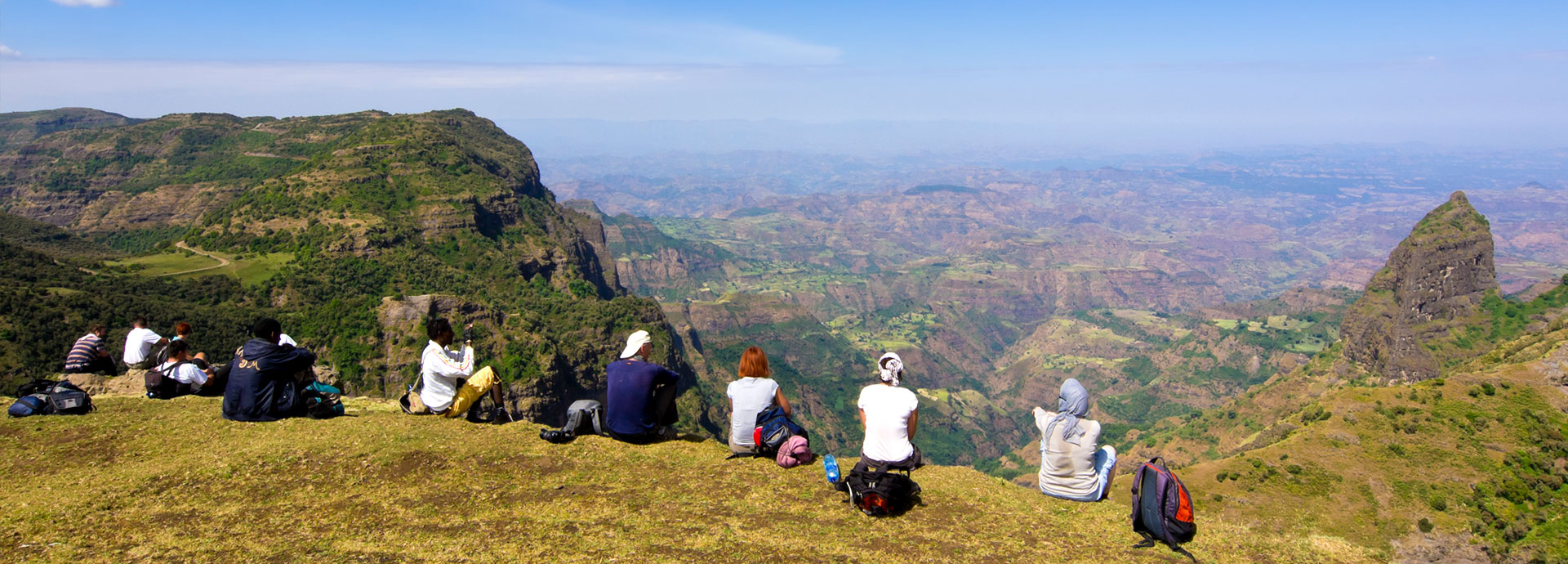
MONEY MATTERS
CURRENCY AND EXCHANGE
Ethiopia’s currency is the Ethiopian Birr (ETB). Australian dollars cannot be exchanged for Ethiopian Birr so travel with US dollars that may then be exchanged at banks, bureau de change and at some hotels.
Credit cards (Visa and Mastercard) are widely accepted, but AMEX is not so popular. Please note that you need to take your physical credit card, and you need to know your PIN number, as not all places will allow you to ‘tap’. In some cases you may also be asked to sign.
It is best to take a mixture of money – credit card, debit card or travel cash card and cash. You will need cash, preferably in small denominations, for gratuities (Refer to the ’tipping guide’ in our Africa Pre-Departure booklet for more information). Ethiopian Birr is preferred for tipping but USD is widely accepted.
It is recommended that you DO NOT change money on the black market as you are more likely to receive a lower rate of exchange or fake notes.
TELL YOUR BANK
We highly recommend you advise your bank of your destinations and travel dates. This should prevent any of your transactions being deemed as ‘out of the ordinary’ (and possibly stopped) due to their unexpected location.

POWER, TECH & PHOTOGRAPHY
POWER
There are basically two main voltage systems used around the world: 110 Volt ‐ USA, Canada, Spain & Japan 220 Volt ‐ the rest of the world. In simple terms, the power supply available at the socket is roughly twice as powerful in 240V countries as in 110V countries.
The voltage in Ethiopia is 220 Volts, therefore if you wish to use any electronic devices from Canada, the US or Japan you’ll need a voltage converter AND a plug adapter. Australia operates a 220V currency and therefore you only require an adapter for Australian appliances.
The adaptor you will need for Ethiopia is a TYPE C, or alternatively you may prefer to invest in an International Travel Adaptor that provides you with more than one option.
Many adaptors also have a USB port so you can plug your smart phone, or I‐product directly into the adaptor.
For the latest & most up to date information about voltage and what adaptors to travel with refer to: www.korjo.com
ADAPTORS
Ethiopia uses a 220V electrical current and a type C socket (European style 2 round pin)

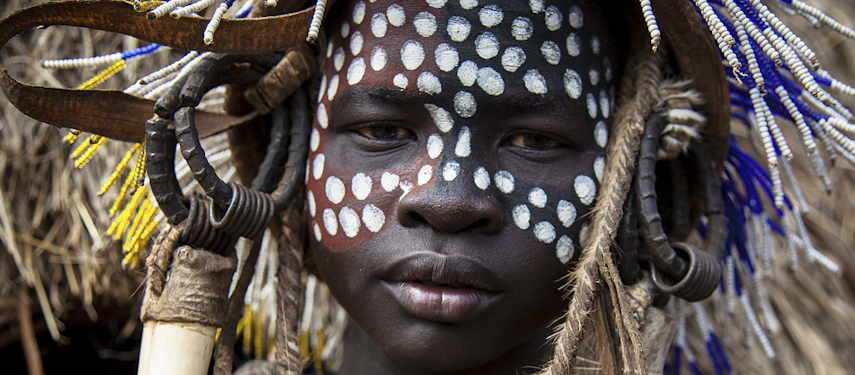
PHOTOGRAPHY
In regional areas of Ethiopia you may need to tip locals in order to take photos. Video photography in famous tourist attractions can also occasionally carry a small charge. It is forbidden to photograph certain places such as airports, dams, bridges, government buildings & military installations. If in doubt, ask!
